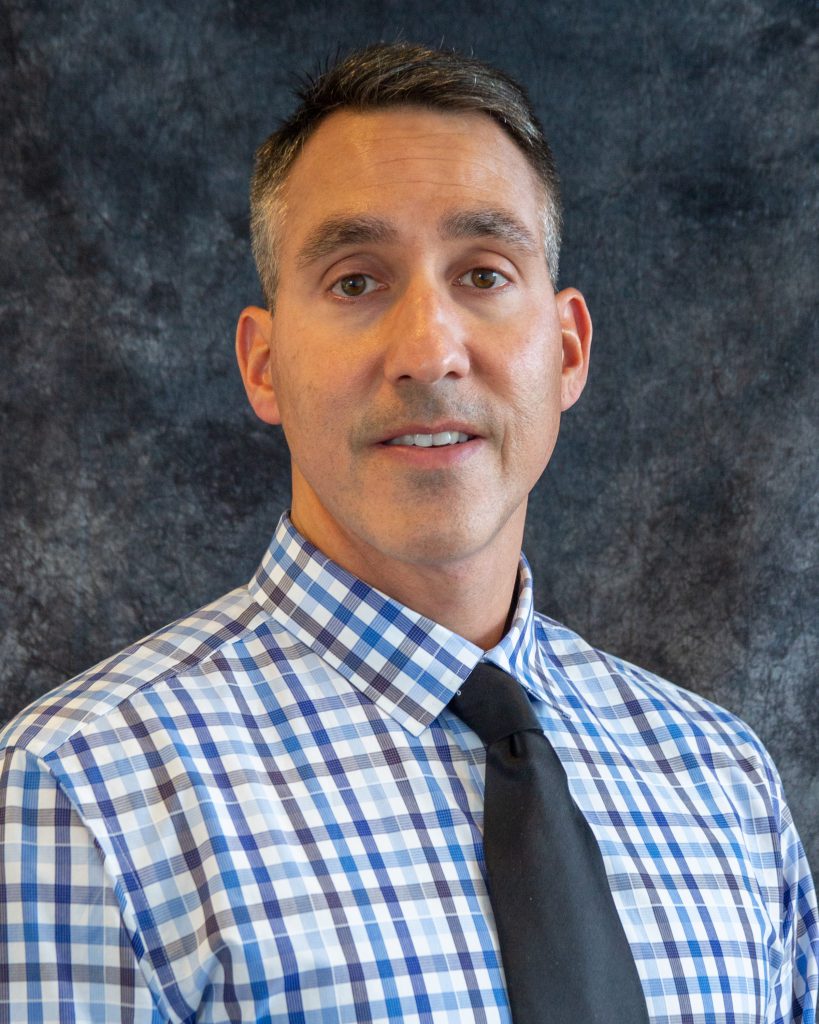
Dr. Jeffrey Hickman is a Safe-D faculty researcher at VTTU working on Safe-D Project 02-014: Formalizing Human-Machine Communication in the Context of Autonomous Vehicles. and Safe-D Project 03-036: Modeling Driver Responses During Automated Vehicle Failures. Safe-D Student Pasakorn Choterungruengkorn (TAMU) interviewed Dr. Hickman about Safe-D Project 02-014 and 03-036 as part of the Safe-D Student and Faculty Interview Chain. Read on to learn more about Dr. Hickman and his research!
What are your research interests?
My areas of research include community-wide (large scale) applications of behavior-based safety, self-management, and organizational culture change techniques as well as assessing driver behavior, fatigue, work/rest cycles, automated driving systems, and driver distraction in commercial motor vehicle operations. Although specializing in commercial motor vehicle safety, my research interests are broadly defined as occupational health and safety.
What did you obtain your degree(s) in and where?
Psychology, B.S. from the University of Florida; Clinical Psychology, Ph.D. Virginia Tech
How did you end up working at your current institute? Describe the path that led you to your current position.
A little bit of luck. My thesis and dissertation transportation setting
How did you hear about the Safe-D National UTC and how did you get involved with this Safe-D project?
Zac Doerzaph led this multi-site proposal, so I was aware of the award. TAMU led a SAFE-D proposal, with feedback to include a behavioral psychologist. Swaminathan Gopalswamy, from TAMU, contacted me about collaborating. I found the topic interesting so I agreed to join the team.
Please describe your Safe-D project, including how you will be conducting/have conducted your study/studies, any major findings thus far that you can share publicly, and how the outcomes of your project will impact transportation safety.
The attempted to build an understanding of how humans communicate with machines in the context of autonomous vehicles. Currently, autonomous vehicles use contextual awareness to understand their surroundings and how to react given a particular situation. In our study, the communication between pedestrians and motor vehicles was investigated to determine how humans communicate with machines. This knowledge could be used in the future to program autonomous vehicles contextual awareness to influence interactions with pedestrians. Much like the extant literature, we were able to replicate that drivers use vehicle speed to communicate intention to allow pedestrians to cross a crosswalk. Hand gestures and other forms of communication are used to confirm the drivers’ intent, but only after reducing speed.
How is your team sharing the results of your project with other transportation researchers, practitioners, and/or the general public?
We published a technical report through SAFE-D, as well as various conference presentations, online dissertation, and the data are available on the Dataverse.
Do you expect any follow-on studies to result from the work that you are conducting/have conducted?
Yes, we’ve been trying to run the same study in Europe (TU Delft) to understand driver behavior in a environment with more pedalcycles.
What advice do you have for a student, like me, who is pursuing a similar career path as yourself?
Try to get a mix of real-world and basic experience. Often, the theories and paradigms you learn in the laboratory break down in the real-world. However, those theories and paradigm are a useful foundation for understanding human behavior. Also, this mix of experience will better inform your career path.
The Safe-D Student and Faculty Interview Chain was created to encourage Safe-D students to facilitate contact with faculty and staff members participating on Safe-D projects via conducting a brief interview as a networking and career-building opportunity. To learn more about this initiative, please contact Safe-D Program Manager, Eric Glenn.
